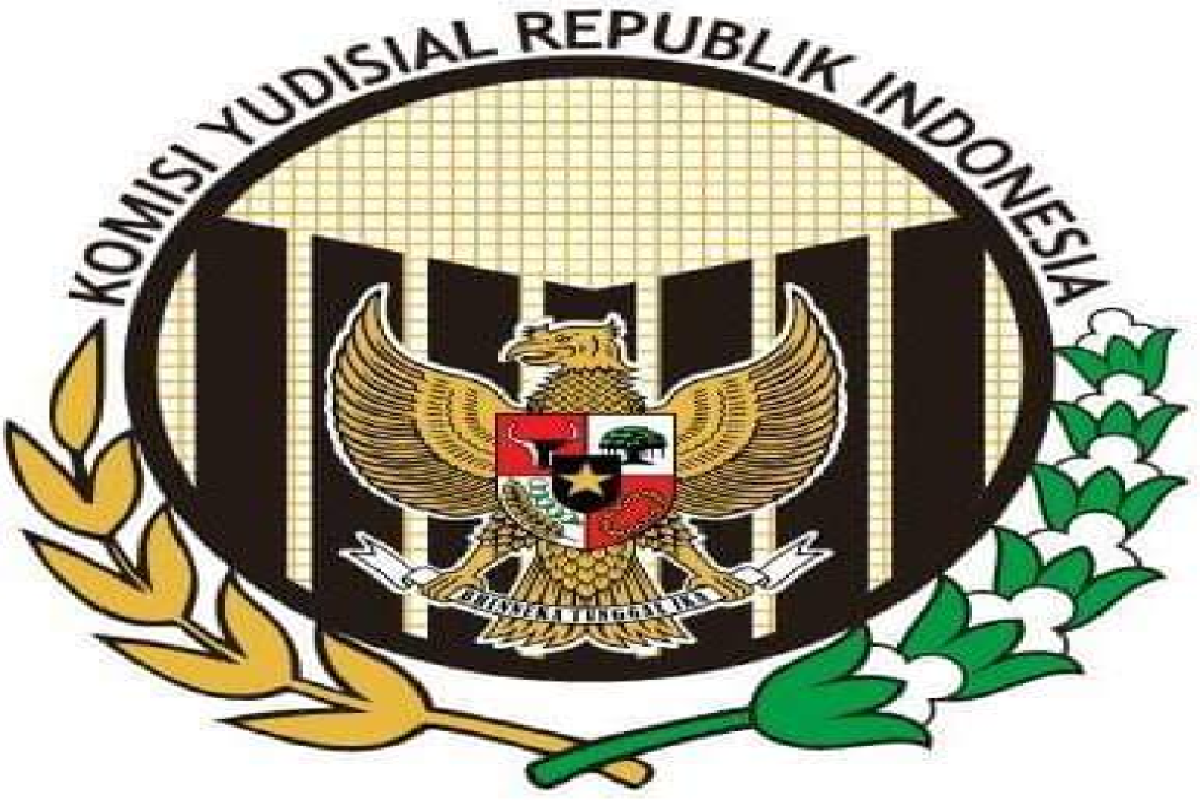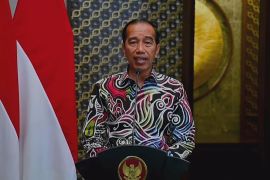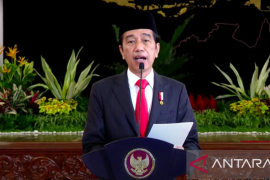We have many duties to do. For instance, the screening of candidates for (the posts of) supreme justices requires networks in provincesJakarta (ANTARA) - The Judicial Commission (KY) and the Ombudsman have inked an agreement to enhance cooperation in monitoring judges and public services to realize clean courts and judges with integrity.
"The MoU is important because our two agencies can complement each other in executing their duties as external supervisors," Judicial Commission commissioner and head of the commission's inter-institution relations and information service, Amzulian Rifai, said in a written statement here on Wednesday.
Despite its Constitutional status and duties that the commission must uphold, it is still lacking in some aspects, hence the need to cooperate with other institutions such as the Ombudsman, Rifai explained.
He said that the commission is struggling in the process of recruiting supreme justices as it has to screen thousands of judges scattered across hundreds of courthouses nationwide.
The Judicial Commission also does not have nationwide reach as it only has regional offices in 12 out of Indonesia's 37 provinces, the official noted.
Related news: Minister presses for digitization across all MSMEs business lines
"We have many duties to do. For instance, the screening of candidates for (the posts of) supreme justices requires networks in provinces," Rifai said.
The Ombudsman of the Republic of Indonesia, which has been granted special powers by law, could assist the Judicial Commission in monitoring judges and public services, he noted.
The Ombudsman enjoys a significant degree of immunity and independence in performing its duties and has regional offices in all Indonesian provinces, he highlighted.
"Hence, the KY and the Ombudsman can complement each other," he remarked.
Related news: COVID-19: Health screenings can optimize protection of elderly: expert
Meanwhile, head of the Ombudsman of the Republic of Indonesia, Mokhammad Najih, said that as supervisory agencies, the Judicial Commission and the Ombudsman have similar duties, and the cooperation MoU could become a medium for sharing knowledge and experience with each other.
The cooperation would also allow the two agencies to exchange monitoring data, considering the Ombudsman's duty in addressing monitoring reports, per its legal basis, he noted.
Najih expressed the hope that the Ombudsman would synergize with other national agencies to achieve the agency’s goals, as regulated by law.
Related news: Ministry moves to publicize draft criminal code prior to ratification
Related news: Three hundred producers join Jakarta's Asian Food Ingredient Expo
Translator: M Zulfikar, Nabil Ihsan
Editor: Fardah Assegaf
Copyright © ANTARA 2022












